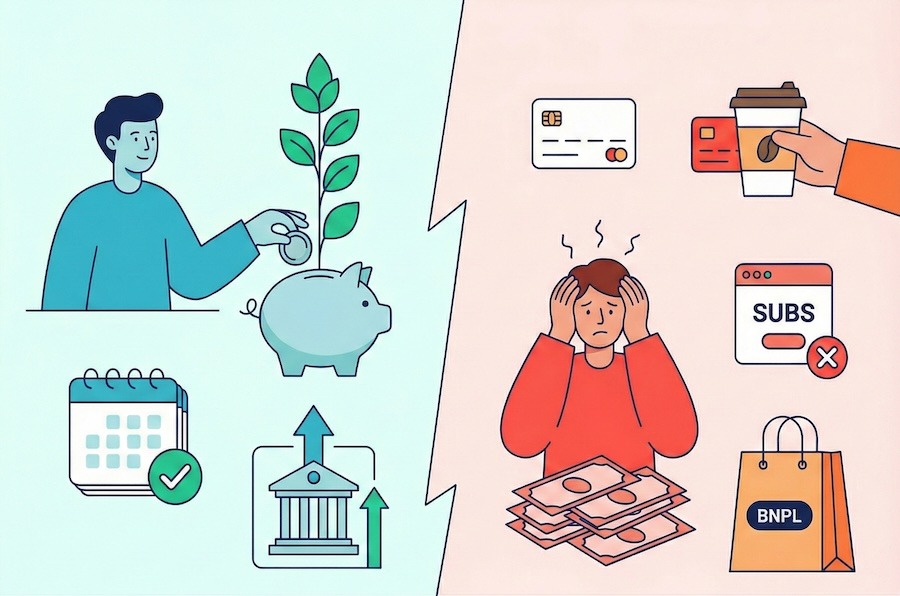Give Your Super a Boost before 30 June!

As the financial year ends, it’s crucial to evaluate your superannuation contributions before June 30. This period is an excellent opportunity to increase your retirement savings and potentially lower your tax bill for the 2023/2024 financial year.
Contribution Caps and Strategies
For the 2023/2024 financial year, the concessional contributions cap is $27,500. These pre-tax contributions include employer contributions and salary sacrifices. It’s essential to verify if you’ve reached this cap, as exceeding it can result in extra tax. Concessional contributions are taxed at 15%, but if your taxable income exceeds $250,000, the tax rate increases to 30% due to Division 293 tax, which is paid by your super fund.
Non-concessional contributions, made from after-tax income, have a cap of $110,000 per year. If you’re under 75, you can bring forward up to three years' worth of non-concessional contributions, allowing you to contribute up to $330,000 in one year. Consult with us before making these contributions.
Catch-Up Contributions
If you haven’t fully used your concessional contributions cap in previous years, you might be eligible for catch-up contributions. This is particularly beneficial if you expect a higher personal income this year, as it can reduce your taxable income. Contact us to check your eligibility for catch-up contributions.
Government Co-Contribution and Spouse Contributions
For low or middle-income earners, making personal after-tax contributions could qualify you for a government co-contribution of up to $500. If you earn less than $43,445, you receive 50c for every $1 you contribute. The co-contribution phases out once your income exceeds $58,445.
Contributing to your spouse’s superannuation can also offer tax benefits:
- Contribute to your spouse’s super fund and receive a tax offset of up to 18% on contributions up to $3,000.
- The maximum tax offset of $540 is available if your spouse earns $37,000 or less per year.
- The offset reduces for incomes above this amount and phases out completely when your spouse’s income reaches $40,000.
Seeking Professional Advice
Superannuation can be complex, and the optimal strategy depends on your individual circumstances. We recommend seeking professional advice to maximise your superannuation opportunities. Contact us with any questions.
Conclusion
Effective superannuation planning can significantly enhance your retirement savings. Take action before the financial year ends to secure a more stable financial future.



